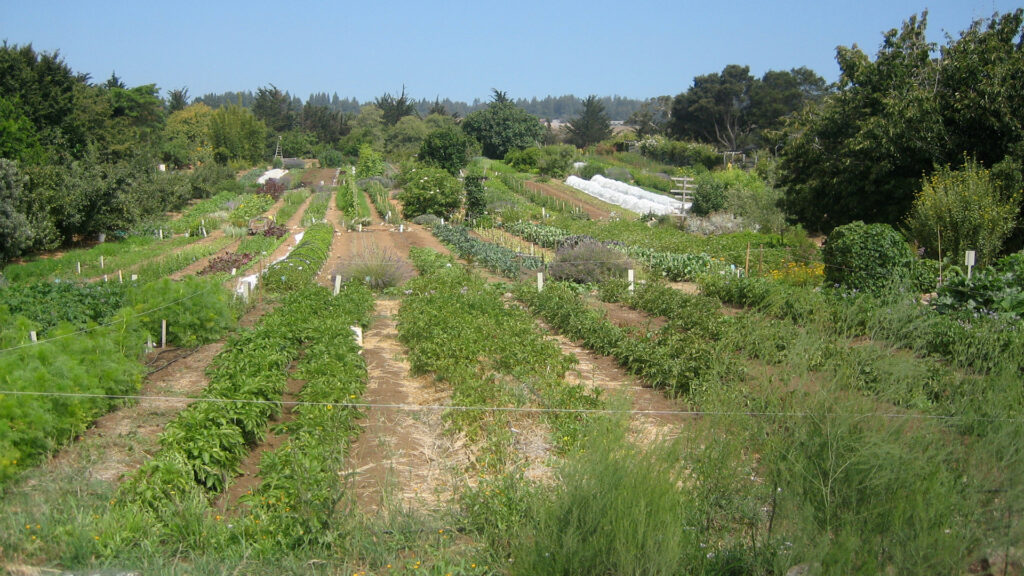By Gene Jones, Florida Veterans for Common Sense
Our food system is responsible for 20% to 30% of our nation’s greenhouse gas emissions, according to Earthjustice. The harm is much worse than that. The Union of Concerned Scientists tells us that, in too many cases, our food products fuel epidemics of diabetes and heart disease.

The food production processes exploit workers and worsen racial and income inequality. Our dominant farming methods despoil the landscape, pollute air and water, and accelerate climate change.
Every five years Congress writes a piece of legislation called the farm bill. This year, we urgently need legislation that rights these wrongs.
Florida Veterans for Common Sense Inc. (FLVCS) recognizes that the current U.S. agriculture system is unsustainable, unhealthy and inequitable. Our industrial-scale agricultural practices continue to use tilling, fertilizer and pesticides to produce crops, even though scientists now know how destructive those actions are.
Without a doubt, current practices have turned living soil into dead dirt, effectively creating a biological as well as a hydrological desert. Consequently, the soil is usable only with massive, expensive energy and water inputs.
As a result, as explained by the Sustainable Food Committee at Emory University and in Scientific American, harvested crops do not yield as many calories for consumption as they require for production. Furthermore, in the process, economies of scale have all but eliminated smaller, often local and minority farms, and the livelihoods of many citizens.

While correcting the current agricultural situation is a huge challenge, FLVCS is focused on one partial solution – the redirection or elimination of current subsidies to be put forward in the 2023 farm bill so that the funds can be redirected to encourage sustainable farming practices. To help put the FLVCS position in context, consider the programs funded in the current farm bill, according to the National Sustainable Agriculture Coalition.
Subsidies from commodity programs ($64.6 billion in the last farm bill) and crop insurance ($77.9 billion) should be used instead as incentives to implement conservation programs (previously funded at $59.7 billion) that promote regenerative agriculture, protect ecosystems and mitigate climate change.
These include programs that:
- Promote rebuilding healthy soil damaged by the use of chemical pesticides and fertilizer and incentivize the reduction of use of these damaging substances.
- Promote carbon sequestration without resorting to false solutions such as carbon trading schemes.
- Prioritize specialized crops (especially sustainably grown vegetables and fruits) instead of commodity crops (especially corn and soybeans for processed foods and biofuel).
- Recognize the ecological value of regenerative and traditional indigenous practices and incentivize the use of such practices.
- Increase funding for research focused on regenerative practices in agriculture that emphasize climate health, environmental protection and equity.

Sustainable food and farming techniques that should be incentivized in the farm bill include silvopasture, regenerative agriculture, conservation agriculture, composting, nutrient management, tree intercropping, abandoned farmland restoration, improved rice production, and managed grazing.
Florida Veterans for Common Sense believes that all citizens and our elected officials should understand and work toward the above redirection or elimination of current subsidies. We must influence Congress to do the right thing with the 2023 farm bill: to promote the public good instead of the narrow private interests that have been supported in past farm bills.
For the sake of our nation’s health, our economy, and the sustainability of our soil and the climate, we must have a transformational farm bill.
Gene Jones is president of Florida Veterans for Common Sense Inc. FLVCS members John Darovec, Coty Keller, Jack Merriam, Marshall Ruetz and Rich Scissors also contributed to this piece.
If you are interested in submitting an opinion piece to The Invading Sea, email Editor Nathan Crabbe at ncrabbe@fau.edu. Sign up for The Invading Sea newsletter by visiting here.



